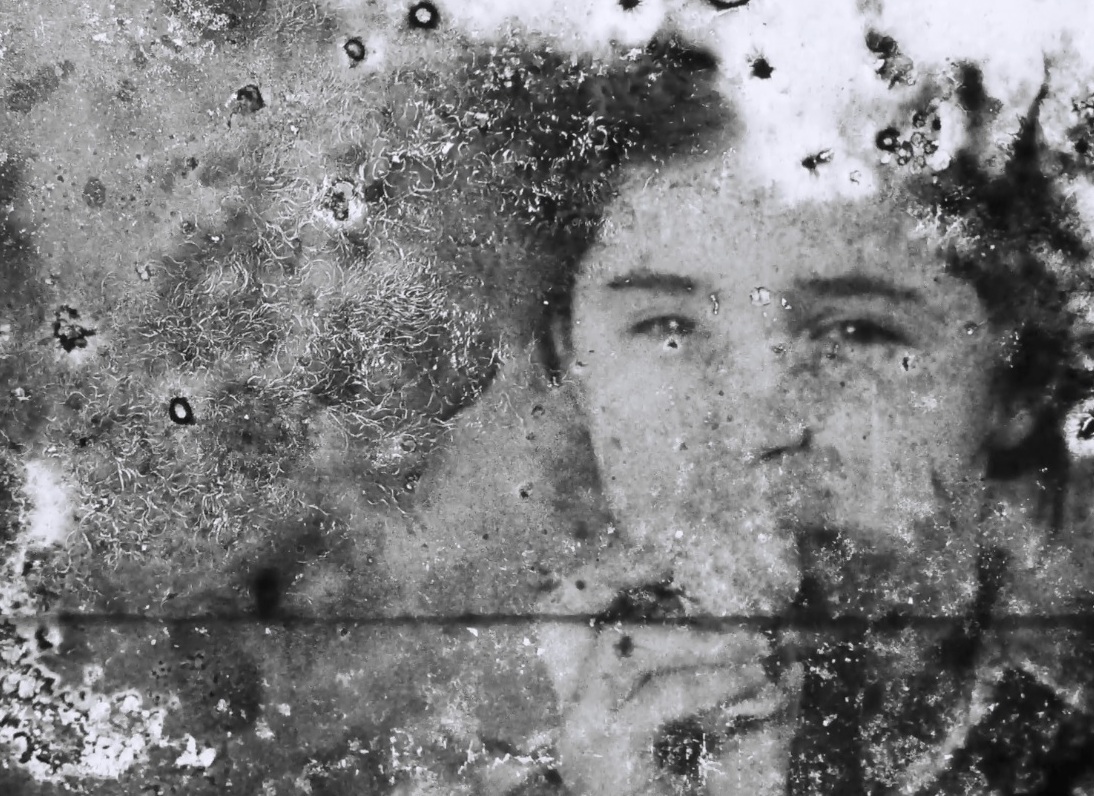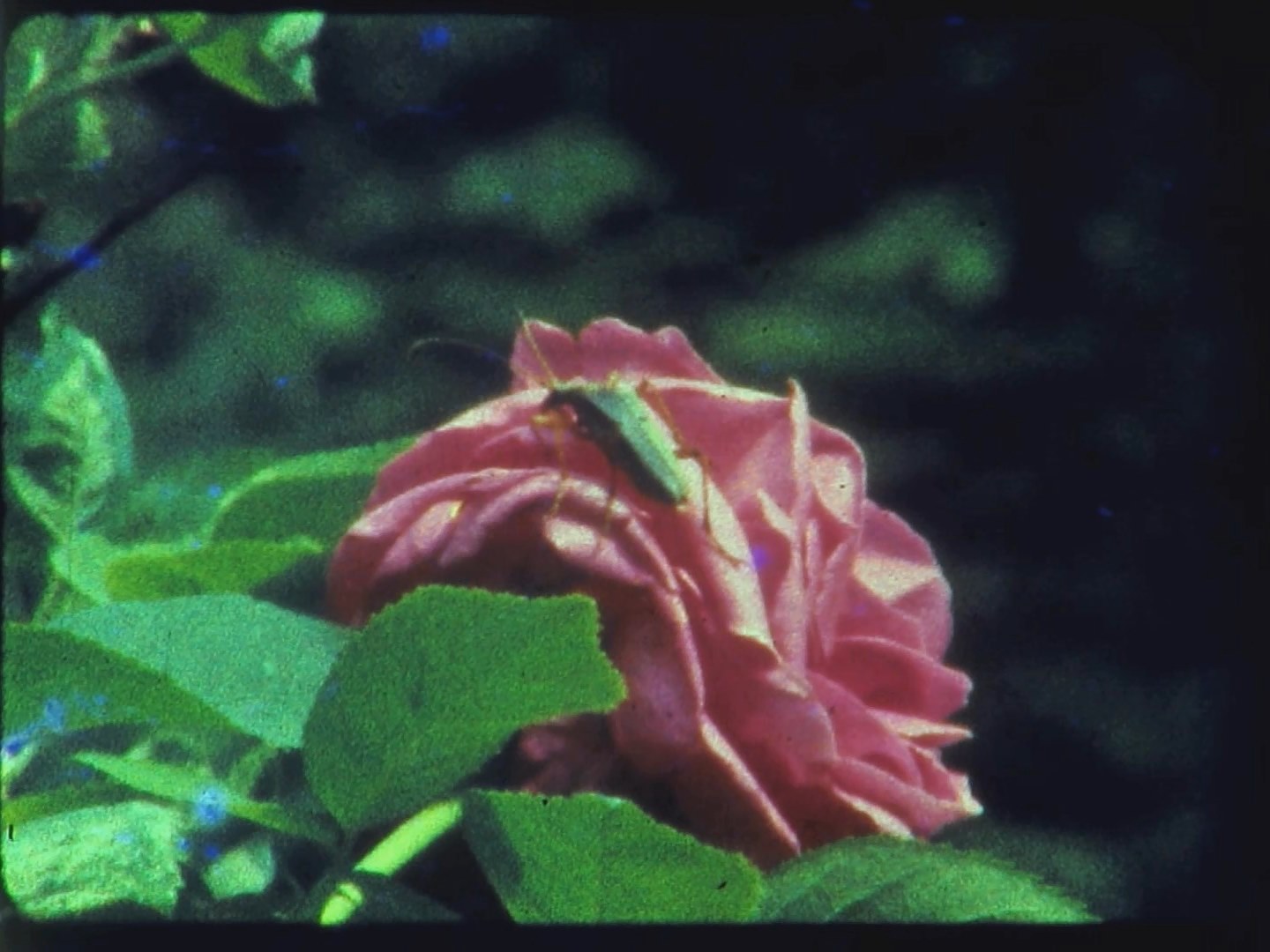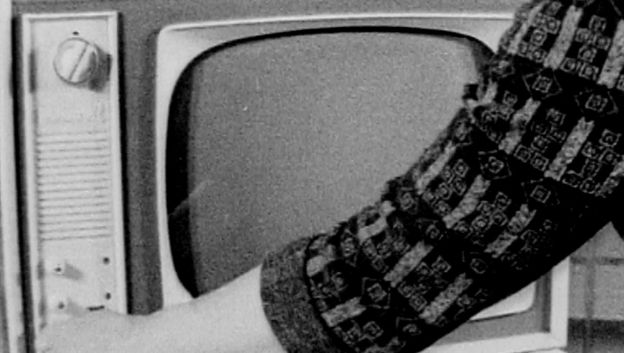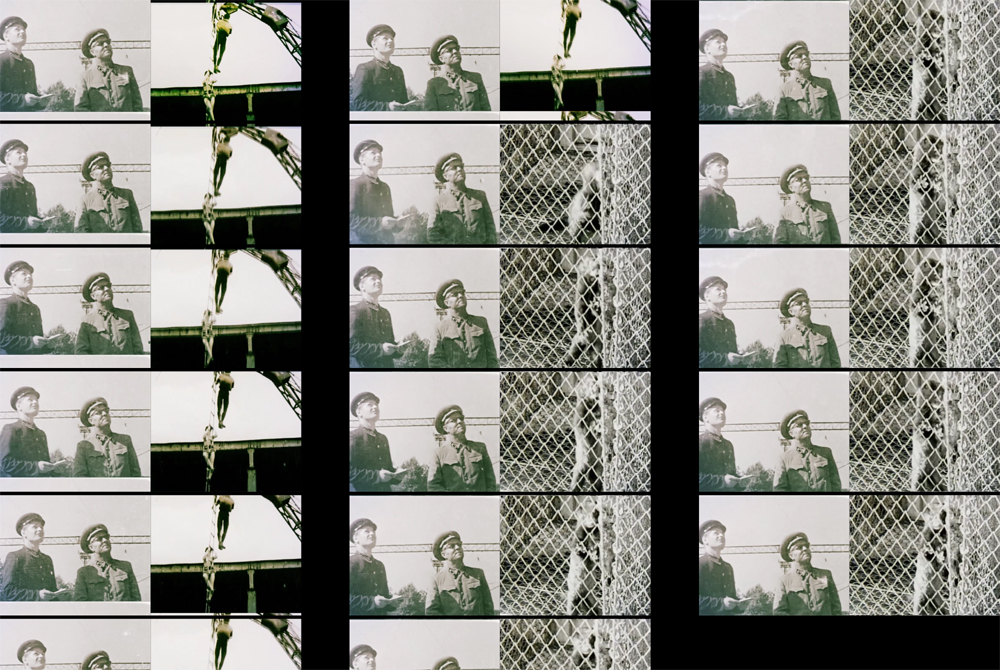How Films Become Archives, and How Archives Become Films
16.12.2020, 19:00
Kopernik Cinema, 9 Kopernika Street, Lviv
In October 2020, the "Tree" film, with the Center for Urban History (Lviv) as a producer, was awarded by FOCAL International, the Federation of Commercial Audio-Visual Libraries. It is a renowned sectoral international award annually recognizing various genres and headings during the same-name festival in London. "The Tree" was awarded in the category of the Best Use of Footage in a Short Form Production; it is the first Ukrainian winning film at the festival. How did we do it? The answer is very simple – some imagination and understanding of what you do can help you rock the world!
The program of the "How Films Become Archives, and How Archives Become Films" will screen the most interesting films created by the Center for Urban History that used the archival footage. We shall present to you the pieces by Ukrainian artists and film directors Oleh Voronko, Oleh Chornyi, Elias Parvulesko, Stas Menzelevskyi, Anna Onufrienko, Svitlana Shymko, Orest Bachmaha, and Halyna Yarmanova created during recent years on the basis of collections from the Center’s Urban Media Archive. They cover the topics of relations between people, the media, and the past. A video art by the media artist Oleh Voronko. “Time forward, two times back” is the author’s view on the aspects of building a socialist city. It was made on the basis of archival footage processed by the Urban Media Archive, such as the newsreels from the Pshenychnyi Central State Film and Photo Archives, the television reports from Lviv television station from the 1950/60s stored in the State Archive of Lviv Oblast, and the recordings from private archives. The basis for the soundtrack is a well-known suite by Heorhiy Sviridov “Time, Forward!” in the author’s adaptation. Although Orest Bachmaha was shooting his films on the peak of popularity of amateur films in the 1970/80s, his works are outstanding in their attention to the nature, to details of the environment, and in scrupulous techniques. In fact, the nature and the observation of its transformations are the key topics for the author. At the same time, his enthusiasm about technologies reveal an unusual way to balance between the living world and the technology. Films help Orest Bachmaha to show his way to interact with the environment and to place himself, or rather his personal view, into the center of the story. To add the soundtrack to the films, Orest Bachmaha recorded the sounds of nature and selected the music he would listen in those times. For the purpose of the screening, musicians Regina Zhelezniakova (Regina Collage) and Pavlo Olefirenko (Pilikayu) composed a new soundtrack for the silent films “Pepe” and “The Invisible.” The exploration film about the non-heterosexual women in the Soviet Union is using the archival footage and meta-narration. The film was awarded with a special prize from the jury at the National Competition at the 47th “Molodist” festival in June, 2018, for the subtle reproduction of the unknown world. “The Happy Years” film is based on the materials from the Urban Media Archive and was produced as part of “The Fresh” competition organized by the Lviv Film Commission. Television has changed the world. However, do we realize the scale of the metamorphosis? The audiovisual research covers the first two decades of the mass spread of Ukrainian television, one of the centers being in Lviv. There, in 1957, they established a factory of television devices and produced the first Ukrainian TV sets “Lviv”. The film “Intervision Lviv” is partially using the materials from the Urban Media Archive ,and was produced within “The Fresh” competition organized by the Lviv Film Commission. The film tells a story about the creative work of a folk handicraft artist and his relation to the tree. He is trying to extract the invisible form from the material substance. The act of creation by a man is dictated by the matter that guides the carver and pre-determines the outcome. Nature as an agent is seen on the film through chemical damage when the images of memory are absorbed and vanish in the mist. The original story comes from the 1970s and is authored by an unknown film amateur Viktor Kyzyma from the village of Blahovishchenske, Kirovohrad oblast, where they had a film studio at a collective farm. The 16mm film discovered in 2017 was damaged by the quick lime. It was renovated by the Urban Media Archive, and the film directors Oleh Chornyi and Hennadiy Khmaruk assembled it in their own way. The new music was composed by a composer Oleksiy Mikriukov and a sound engineer Andriy Ryzhov.
Tickets for the film screenings are available on the Kopernik’s website.
PROGRAM
"Time Forward, Two Times Back!"
Oleh Voronko, 2017, 7 min. "Pepe", 9 min; "The Invisible", 7 min,"Homo Sapiens", 1 min.
Orest Bachmaha, 1970s/2020s "The Happy Years"
Svitlana Shymko, Halyna Yarmanova, 2018, 9 min. "Intervision-Lviv"
Elias Parvulesku, Stas Menzelevskyi, Anna Onufrienko, 2018, 14 min. "The Tree"
Oleh Chornyi, 2019, 6 min.




